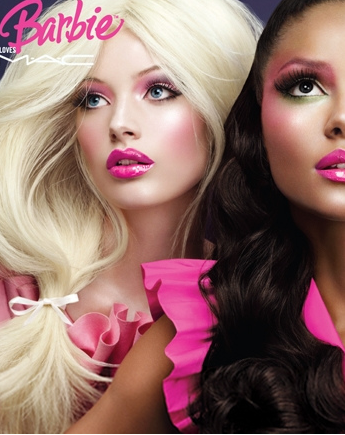"The Language of Advertising", Charles A. O'Neill's essay, talks about how advertising language mirrors the fears, quirks, and aspirations of the society that creates it. One major issues that encompass all of the above is gender.
Masculinity or the perception of what it is to be a man is depicted from physical appearance to social behavior. Mass media fills people's minds with images of strong or rebellious men in order to promote different types of products and services. Modern advertising campaigns have adapted to incorporate a more open sense of femininity amongst their ads for men. However, they still maintain a strongly define boundary regarding masculinity without making them look effeminate.
How did they manage to do that with skinny jeans?
I don't know.
Femininity or the perception of what it is to be a woman doesn't scape advertising's equal subjectivity. Beauty and sensitivity are some of the major attributes which are utilize to sell products to women. The ingenuity of modern advertising incorporates independence and freedom of expression in their ads for women. Yet again, such ads are very careful not to include imagery that might be deemed unfeminine.
Madame President does not need makeup in order to do her job better that any man.
In the battle to brake gender stereotypes the GLBT community advocates for freedom of gender expression. Drag Kings have populated the annals of history in America since WWII. Women had to work in factories and wearing dresses and makeup amongst other women under such conditions seemed like such a bother. However, mass media sometimes reluctantly allows women ads the lack of femininity but never over masculinization.
There is no better gentleman than a woman. And you can quote me.
As for Drag Queens, men have been dressing in what now is been perceived to be as feminine since...
There is a reason for what we all do every morning is still called to-dress-up. GLBT ads use Drag Queens until this day not to represent what it is to be a woman but to glamorize freedom of gender expression. Something mass media is absolutely terrified to accept.
If a man puts on a dress, he is a transvestite.
If a gay man has way-to-much-fashion-sense for one gender, he is a Drag Queen.
Man, masculine, masculinization, feminization, femenine, woman are gender definitions.
People's social behaviors perceive and project gender stereotypes.
Mass media incorporates gender-role stereotypes into their ads.
It all starts with one simple question.
Is it a boy or a girl?
sources:
Gorman, Greg, and RuPaul. "A Face Is like a Work of Art. It Deserves a Great Frame." L.a.Eyeworks. TypePad, 19 Feb. 2009. Web. 29 Apr. 2013.
<http://laeyeworks.typepad.com/lae/rupauls-drag-race/>.
Millenium Glub, Katana. "Dare To Be - Your Favorite MAC Poster/Ad." Makeuptalk. Huddler Fashion & Lifestyle, 17 Mar. 2011. Web. 29 Apr. 2013.
<http://www.makeuptalk.com/t/115609/dare-to-be-your-favorite-mac-poster-ad-march-8-march-22-2011>.
Mortierbrigade. "Louise Finally Earns as Much as Any Man." DragKing.be. WorldPress, 30 May 2006. Web. 29 Apr. 2013.
<http://www.dragking.be/2006/05/30/genderqueer-ads/>.
Moss, Hilary. "David Beckham Bodywear: H&M." Mymag. New York Media, 18 Jan. 2013. Web. 29 Apr. 2013.
<http://nymag.com/thecut/2013/01/photo-david-beckhams-new-ad-for-hm.html>.
ALSO CHECK OUT:
(LEGO Friends - LEGO & Gender Part 1) <http://youtu.be/CrmRxGLn0Bk>
(The LEGO Boys Club - Lego & Gender Part 2) <http://youtu.be/oe65EGkB9kA>











